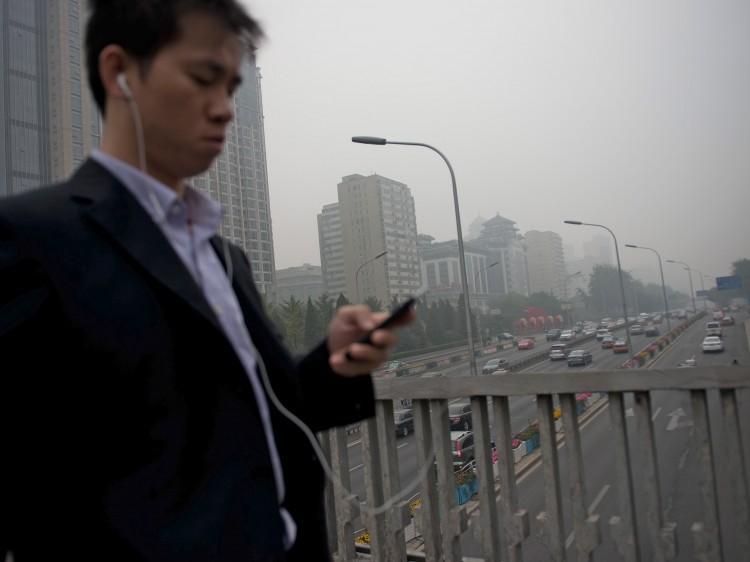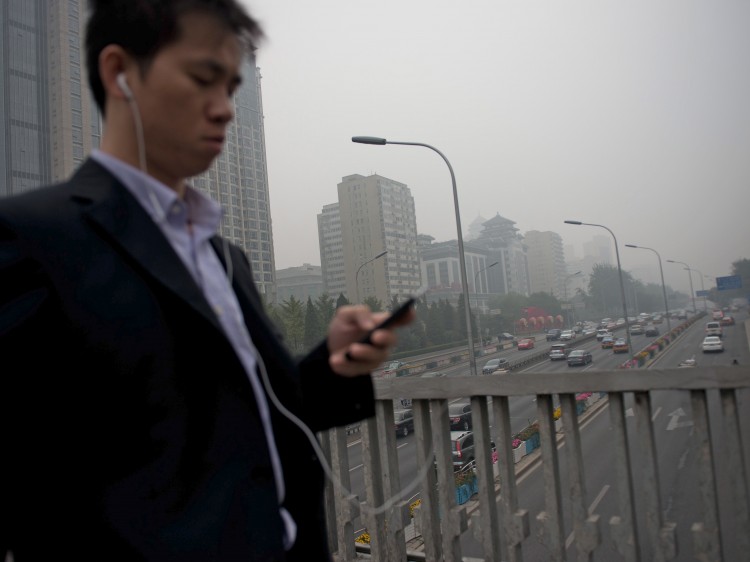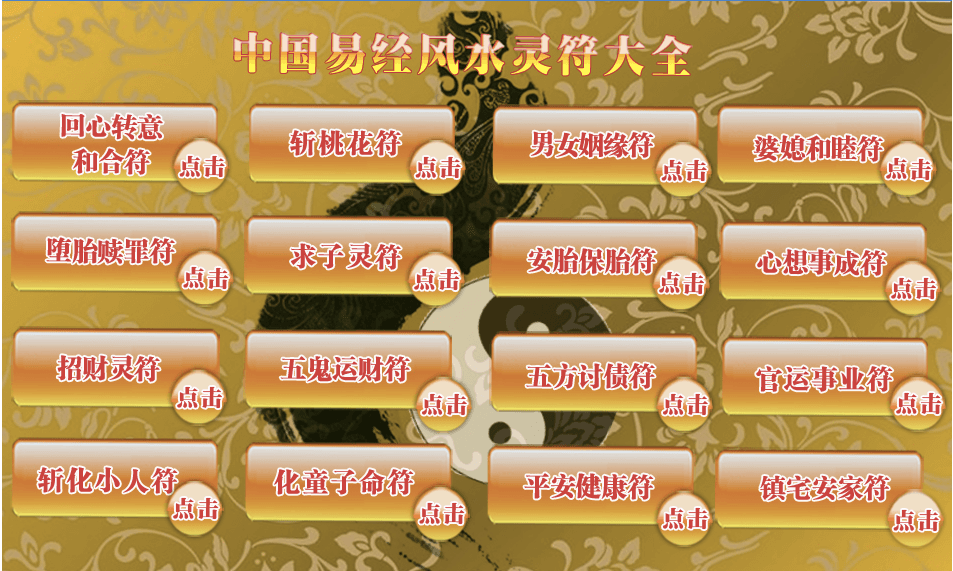A recent report has shown that the lung cancer rate in Beijing’s metropolitan area has increased by 56 percent in the last decade, and is now the leading cause of malignant tumors, with many Chinese social media users blaming poor air quality for this alarming rise.
The Beijing Municipal Health Bureau released the data showing the increase between 2001 and 2010, reported the state-run China Youth Daily on Monday. A spokesperson with the agency told the publication the cause of lung cancer was mainly attributed to smoking.
However, official figures suggest otherwise as the percentage of Chinese men who smoke has substantially decreased in recent years, according to the official Global Adult Tobacco Survey-China 2010 Country Report. It shows there has been a steady decline in smoking of more than 5 percent in men aged 15 to 69 between 1996, when 33.7 percent smoked, and 2010, when 27.9 percent smoked.
The Beijing Municipal Health Bureau admitted that air pollution was a factor, but stressed smoking was the cause, according to the Daily.
Beijing and other Chinese cities have developed a reputation for being constantly plagued by poor air quality. In March, extreme fog that was blamed on air pollution delayed flights in and out of Beijing, while a thick coat of yellow fog descended on the city of Wuhan in June. At the time, many speculated that it was caused by pollution.
Oftentimes, the U.S. Embassy in Beijing describes the city’s air quality levels as “hazardous” or “very unhealthy” for sensitive people, providing the figures on its Twitter account.
Sina Weibo user “Jingyan_melody commented: “The spike in lung cancer ”is clearly due to environmental pollution, yet they blame it on smoking. The number of people who smoke has decreased, especially while in public.”
Other Chinese social media agreed that the number of smokers has decreased.
“How shocking! This number doesn’t even include the floating population. We must keep our environment from getting worse–no matter what,” Wang Huiyao, who heads the Beijing-based Center for China and Globalization think tank, said via Weibo.
Wang added: “In the past 10 years, the number of smokers and smoking areas have decreased; why have lung cancer rates increased so much?”
The Beijing government in October announced the trial operation of monitoring fine particles in the air using the PM2.5 metric, which measures particles smaller than 2.5 micrometers. Zhao Yue, the deputy chief of the Beijing Municipal Environmental Monitoring Center, admitted that fine particle pollution–the kind that likely penetrate the gas exchange areas of the lung–will exceed PM2.5 for a long time, reported state-run Xinhua.
And Hao Jiming, the dean of the Environmental and Engineering Research Institute of Tsinhua University, told Xinhua that Beijing has not even attained standards under PM10, a metric that measures particles in the air smaller than 10 micrometers, adding that the city will meet that level in around 10 years.
“PM2.5 is part of PM10. Since PM10 has never been reached, it will be even more difficult to reach PM2.5,” said Yu Jianhua, the director of Beijing Municipal Environmental Protection Bureau’s Atmospheric Administration. PM10 is one of the four largest pollutants in Beijing’s air.
In June, the Chinese regime told the U.S. Embassy in Beijing to stop updating the city’s air quality data via its Twitter account, which has more than 35,000 followers. It said the updates go against China’s regulations.
Many analysts have pointed to China’s rapid economic growth as the source of its recent pollution and environmental disasters, triggering unrest directed at Chinese officials. Over the summer, around 20,000 people demonstrated against a pipeline project near Shanghai, ransacking the Qidong government building and ripping the shirt off the mayor.
With additional reporting by Jack Phillips.
Read Original Chinese article.
The Epoch Times publishes in 35 countries and in 19 languages. Subscribe to our e-newsletter.
Click www.ept.ms/ccp-crisis to read about the most recent developments in the ongoing crisis within the Chinese communist regime. In this special topic, we provide readers with the necessary context to understand the situation. Get the RSS feed. Who are the Major Players?






